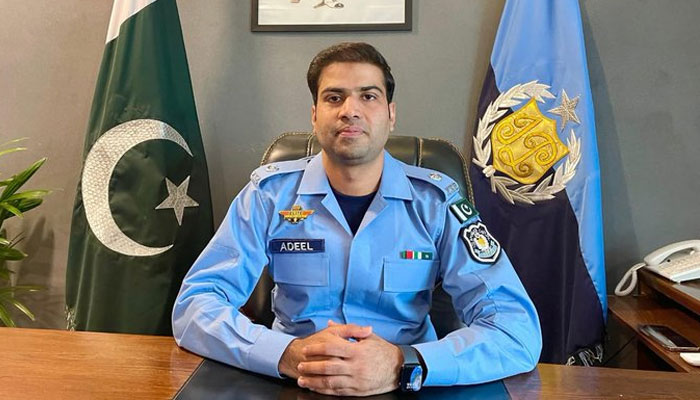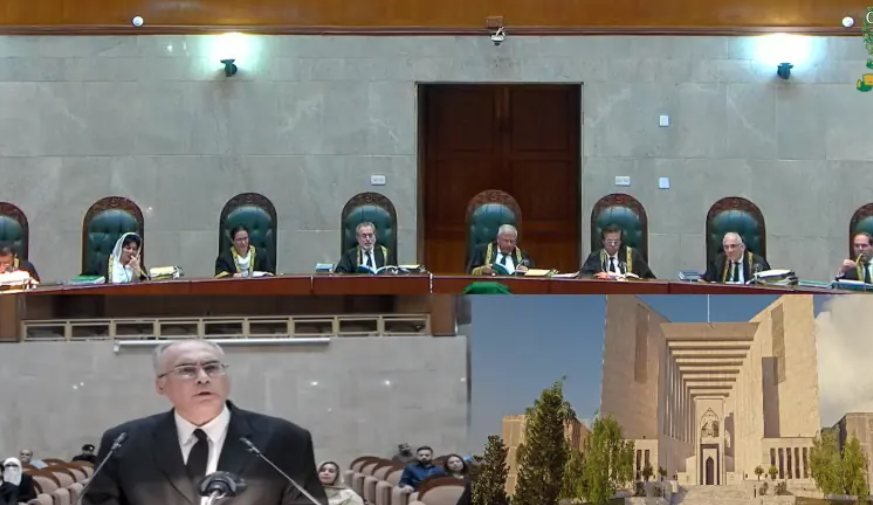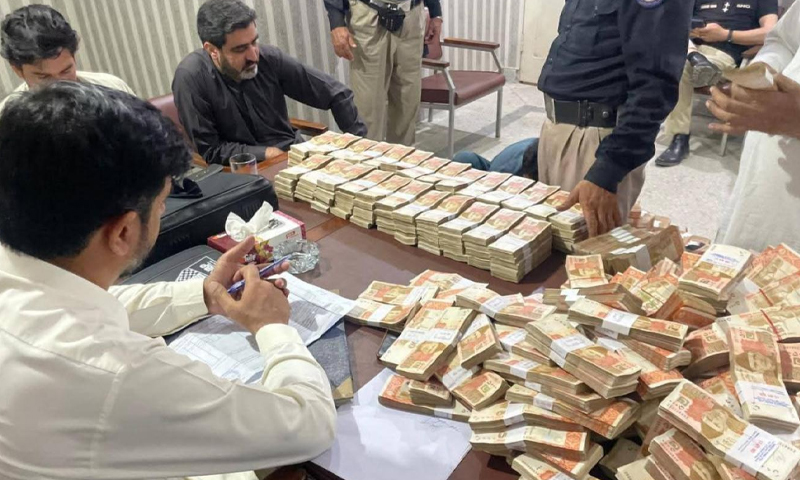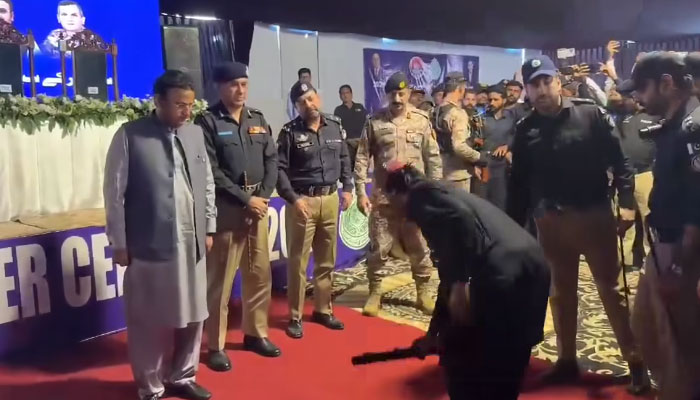LEGAL
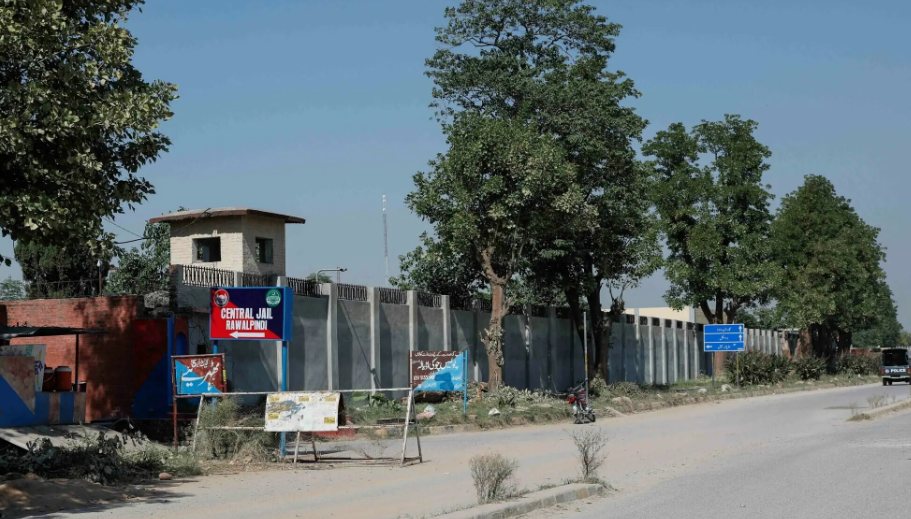
The Islamabad High Court (IHC) on Thursday ordered the Adiala Jail superintendent to immediately implement its March 24 directive allowing former prime minister Imran Khan to meet visitors twice a week, following repeated complaints by Pakistan Tehreek-e-Insaf (PTI) leaders that prison authorities were obstructing meetings.
A larger bench headed by Justice Muhammad Sarfraz Dogar, along with Justices Arbab Muhammad Tahir and Muhammad Azam Khan, heard 11 petitions filed by PTI members concerning visitation rights for the party chief.
During the proceedings, Superintendent Abdul Ghafoor Anjum appeared before the court and was instructed to facilitate the meetings according to the list provided by PTI Secretary General Salman Akram Raja, while ensuring all standard operating procedures (SOPs) were followed.
Raja argued that despite the court’s previous order, “not even once” had the schedule been implemented, accusing jail authorities of deliberately blocking access. The superintendent denied the claim, insisting that regular meetings were held but that “no list was received” from PTI.
The exchange turned tense when Anjum complained that PTI visitors spoke to the media after their meetings. Raja replied sharply, “The court said not to speak to the media at the jail gate — it didn’t say to tape our mouths.”
Among those present was Khyber Pakhtunkhwa Chief Minister Sohail Afridi, who told reporters after the hearing that he was heading to Adiala Jail to seek guidance from Imran Khan. However, a video later shared by PTI on X showed Afridi and others staging a symbolic sit-in outside the prison, alleging they were being denied entry despite court orders.
Separately, Rawalpindi police appeared in court to obtain Imran’s sister Aleema Khanum’s signature on a non-bailable arrest warrant related to the PTI’s November 26 protest. After obtaining her signature, police departed without arresting her. This followed an Anti-Terrorism Court’s show-cause notice to officers accused of filing a “fabricated” report about her whereabouts.
The IHC bench also heard a Punjab government plea seeking implementation of the Pakistan Prison Rules of 1978 and appeals against an earlier IHC decision that nullified the ban on political discussions during prisoner meetings. Punjab Advocate General Amjad Pervaiz and Islamabad Advocate General Ayaz Shaukat presented arguments on whether the attorney general’s notice was mandatory in such cases.
Justice Tahir observed that clarity was needed on whether provincial and federal law officers must be notified in these petitions. The Punjab AG pointed out that jail rules had remained unchanged since 1984, underscoring the need for review.
The court adjourned further hearings after directing Adiala Jail authorities to comply strictly with its earlier order and ensure that the PTI founder’s visitation rights were restored in letter and spirit.

